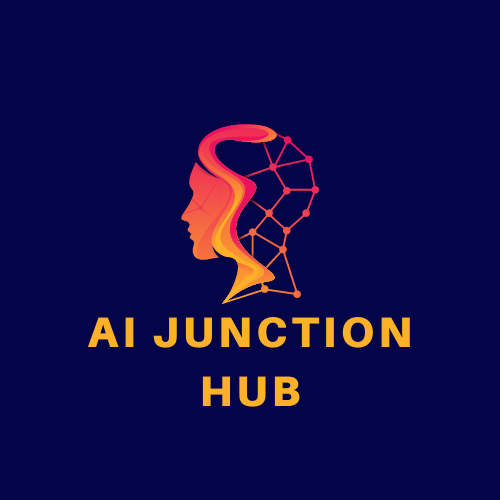Introduction:
Artificial Intelligence (AI) has made significant strides in recent years, transforming industries and automating processes at an unprecedented pace. As a result, concerns have emerged regarding the potential impact of AI on job markets and employment opportunities. In this article, we will explore the current state of AI adoption, its effects on various sectors, and whether it is truly cutting jobs this year.
The Rise of AI Adoption
AI technology has been steadily advancing over the past decade, with machine learning, natural language processing, and computer vision becoming increasingly sophisticated. This has enabled businesses to automate tasks that were once exclusively performed by humans, such as customer service, data analysis, and even content creation.
As a result, many companies have started integrating AI solutions into their operations, seeking efficiency gains and cost reductions. This trend has accelerated during the COVID-19 pandemic, as businesses have turned to digital transformation to stay competitive and maintain continuity in a rapidly changing environment.
Impact on Job Markets
The integration of AI into various industries has inevitably raised concerns about job displacement. Some studies predict that millions of jobs could be lost to automation in the coming years, particularly in roles involving routine tasks or manual labor. However, it is essential to consider that AI adoption is not a one-size-fits-all scenario.
In some sectors, AI has indeed led to job losses, primarily due to the automation of repetitive tasks. For example, in manufacturing, robots have replaced human workers in assembly lines, resulting in fewer employment opportunities in this field.
Conversely, other industries have experienced job growth due to AI implementation. For instance, the healthcare sector has seen increased demand for professionals skilled in AI technologies, such as data scientists and machine learning engineers. Additionally, AI has opened up new avenues for innovation, leading to the creation of entirely new job categories, like AI ethicists and AI trainers.
Is AI Cutting Jobs This Year?
The answer to whether AI is cutting jobs this year is not a simple yes or no. While some job losses can be attributed to AI adoption, it is essential to recognize that the global pandemic has played a significant role in employment shifts. Many businesses have had to adapt to new ways of working, and in some cases, this has involved leveraging AI technologies.
Moreover, it is crucial to consider the broader context of AI's impact on job markets. While some positions may be lost due to automation, others are being created as a direct result of AI innovation. The key to navigating this transition successfully lies in reskilling and upskilling workers to meet the demands of an AI-driven economy.
Conclusion:
In conclusion, AI has undeniably influenced job markets, leading to both job losses and job creation. However, attributing all job cuts this year to AI would be an oversimplification, given the complex interplay between technology, economic factors, and the ongoing pandemic. As AI continues to evolve, it is vital for individuals, businesses, and governments to proactively invest in education and training programs that will prepare the workforce for a future shaped by artificial intelligence.



0 Comments